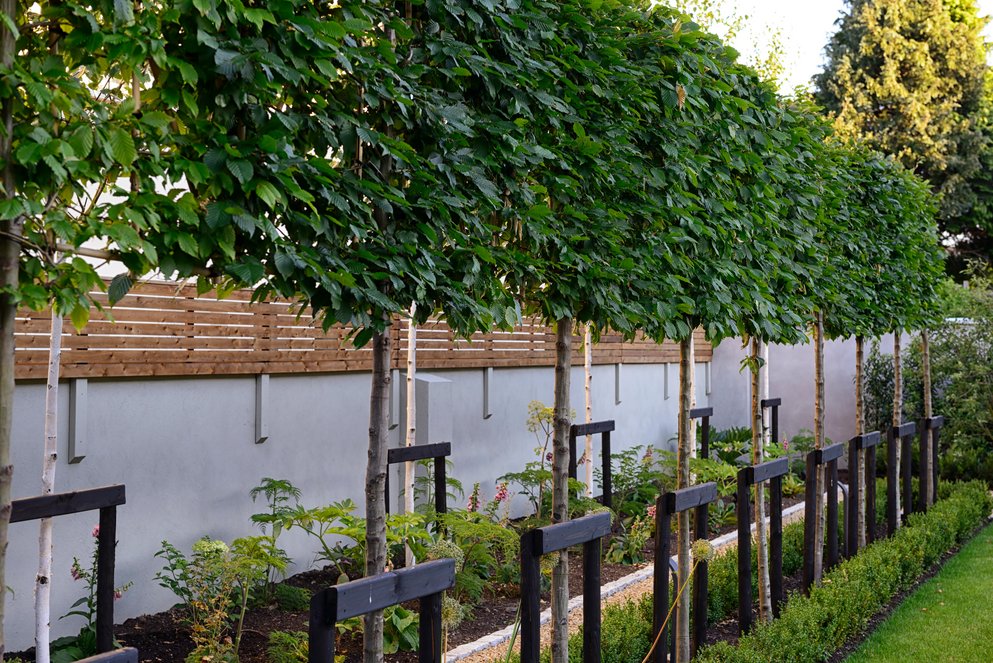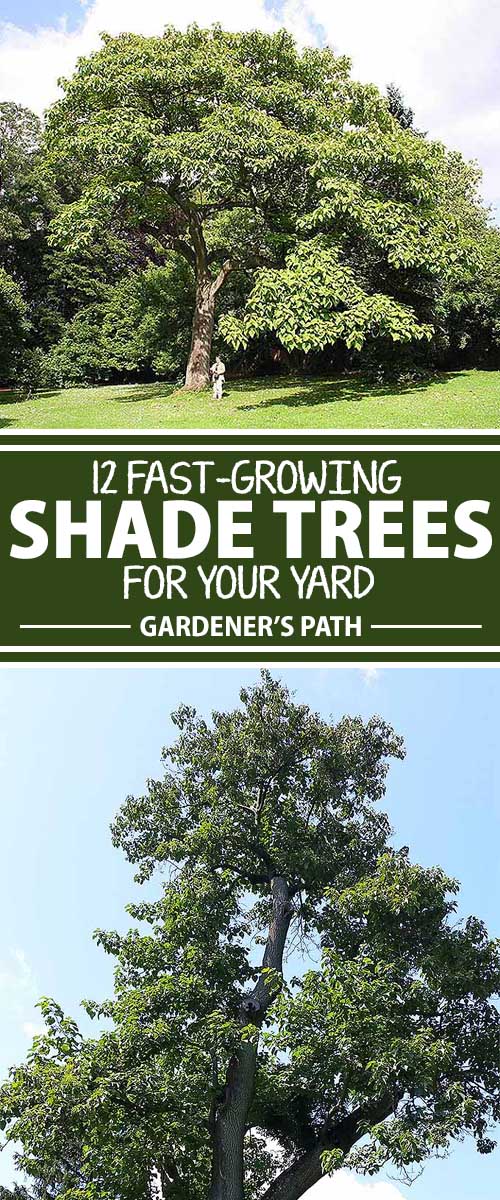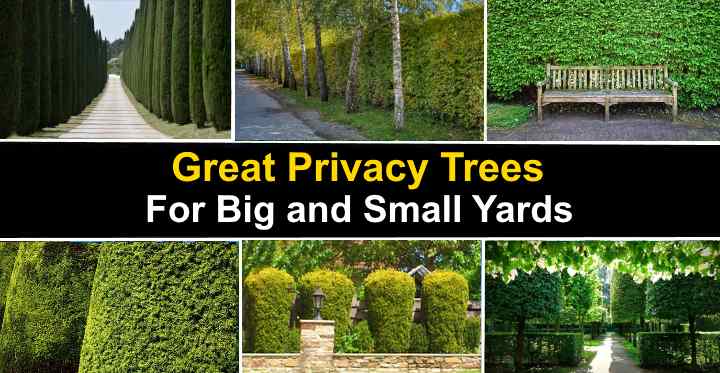Why Privacy Matters: The Importance of a Secluded Yard
A private outdoor space is essential for comfort, relaxation, and overall well-being. By incorporating the best trees for privacy screening into your landscape design, you can create a secluded yard that provides a sense of security and tranquility. This, in turn, can lead to increased comfort, reduced noise pollution, and enhanced property value. Imagine being able to unwind in your backyard without the prying eyes of neighbors or passersby. A private outdoor space can also provide a peaceful retreat from the stresses of daily life, allowing you to recharge and rejuvenate in the midst of a bustling world.
Choosing the Right Trees for Your Privacy Needs
When it comes to selecting trees for privacy screening, there are several key factors to consider. The growth rate of the tree is crucial, as it will determine how quickly the tree will provide the desired level of privacy. Mature size is also important, as it will impact the overall aesthetic of the landscape and the level of privacy achieved. Foliage density is another critical factor, as it will affect the tree’s ability to block views and provide a sense of seclusion. By considering these factors, homeowners can choose the best trees for privacy screening that meet their specific needs and preferences. Additionally, factors such as soil type, climate, and maintenance requirements should also be taken into account to ensure the trees thrive and provide optimal privacy.
How to Select the Perfect Tree for Your Climate and Soil
When selecting trees for privacy screening, it’s essential to consider the specific climate and soil conditions of your outdoor space. Different tree species thrive in various environments, and choosing the right tree for your climate and soil type is crucial for a healthy and thriving privacy screen. For example, trees like the Leyland Cypress and Arborvitae are well-suited for cooler climates with moist soil, while trees like the Eucalyptus and Paulownia prefer warmer climates with well-draining soil. By understanding the specific needs of different tree species, homeowners can choose the best trees for privacy screening that will thrive in their unique environment. Additionally, factors such as sunlight exposure, wind direction, and soil pH should also be taken into account to ensure the trees receive the necessary conditions to grow and provide optimal privacy.
Top Trees for Privacy Screening: Our Expert Recommendations
When it comes to selecting the best trees for privacy screening, there are several top-performing species that stand out from the rest. Leyland Cypress, Arborvitae, and Emerald Green Thuja are three of the most popular and effective options for creating a private outdoor space. Leyland Cypress is a fast-growing evergreen that can grow up to 3 feet per year, making it an ideal choice for quick privacy solutions. Arborvitae, on the other hand, is a dense and compact tree that is perfect for smaller spaces. Emerald Green Thuja is a versatile tree that can thrive in a variety of climates and soil types, making it a great option for homeowners with diverse outdoor spaces. These trees are not only effective at providing privacy, but they also add aesthetic value to the landscape with their attractive foliage and unique shapes. By incorporating these top-performing trees into a privacy screen, homeowners can create a secluded and peaceful outdoor space that meets their specific needs and preferences.
Designing a Privacy Screen: Tips for Optimal Placement and Spacing
When designing a privacy screen, strategic placement and spacing of trees are crucial for maximum privacy and aesthetic appeal. One of the most important considerations is the property line, as trees should be planted at least 10-15 feet away from the boundary to ensure optimal growth and minimize encroachment. Additionally, neighboring views should be taken into account, as trees can be strategically placed to block unwanted views while still allowing for natural light and airflow. The spacing of trees is also critical, as a general rule of thumb is to plant trees 10-15 feet apart to allow for mature growth and create a dense, impenetrable screen. By considering these factors, homeowners can create a privacy screen that not only provides seclusion but also enhances the overall beauty and functionality of the outdoor space. Furthermore, incorporating a mix of tree species and layers can add depth and visual interest to the privacy screen, making it a stunning focal point in the landscape. By choosing the best trees for privacy screening and designing a thoughtful layout, homeowners can create a private oasis that meets their specific needs and preferences.
Fast-Growing Trees for Quick Privacy Solutions
For homeowners seeking rapid privacy screening, fast-growing tree species can provide a quick solution. Eucalyptus and Paulownia are two of the best trees for privacy screening that can grow up to 4 feet per year, making them ideal for quickly blocking unwanted views and creating a secluded outdoor space. Eucalyptus is a popular choice for its rapid growth rate and attractive, aromatic foliage, while Paulownia is known for its stunning purple flowers and ability to thrive in a variety of soil types. Other fast-growing tree species, such as Leyland Cypress and Green Giant Arborvitae, can also provide quick privacy solutions, making them perfect for homeowners who want to create a private oasis in a short amount of time. By incorporating these fast-growing trees into a privacy screen, homeowners can enjoy the benefits of a secluded outdoor space in no time, including increased comfort, reduced noise pollution, and enhanced property value.
Low-Maintenance Trees for Busy Homeowners
For busy homeowners who want to enjoy the benefits of a private outdoor space without the hassle of frequent maintenance, low-maintenance tree species are an excellent choice. Dwarf Alberta Spruce and Japanese Black Pine are two of the best trees for privacy screening that require minimal upkeep. These trees are naturally compact and slow-growing, making them perfect for small spaces and reducing the need for regular pruning. Additionally, they are highly resistant to pests and diseases, reducing the need for pesticides and fungicides. Other low-maintenance tree species, such as Eastern White Pine and Colorado Blue Spruce, are also ideal for busy homeowners who want to create a private oasis without sacrificing too much time and effort. By incorporating these low-maintenance trees into a privacy screen, homeowners can enjoy the benefits of a secluded outdoor space while minimizing their maintenance responsibilities.
Creating a Lush and Diverse Privacy Screen
When it comes to creating a privacy screen, incorporating multiple tree species and layers can elevate the aesthetic appeal and biodiversity of the area. By combining different tree species, such as the best trees for privacy screening like Leyland Cypress and Arborvitae, with varying growth rates, mature sizes, and foliage densities, homeowners can create a lush and diverse privacy screen that not only provides optimal privacy but also adds visual interest and texture to the outdoor space. Additionally, incorporating native plants and shrubs can attract local wildlife, further enhancing the biodiversity of the area. To take it a step further, homeowners can also consider incorporating different layers, such as a canopy layer, understory layer, and shrub layer, to create a multi-dimensional privacy screen that provides maximum privacy and aesthetic appeal. By doing so, homeowners can enjoy a secluded outdoor space that is not only functional but also beautiful and sustainable.









